The surgery has not yet begun, and the patient's breathing is severe.
Author:Anesthesia Medical Group Time:2022.06.20
At eleven o'clock at night, the emergency surgery notice from general surgery was received.
Dr. Li, who was on duty, gritted his teeth to overcome the influence of the biological clock and came out of the duty room step by step.
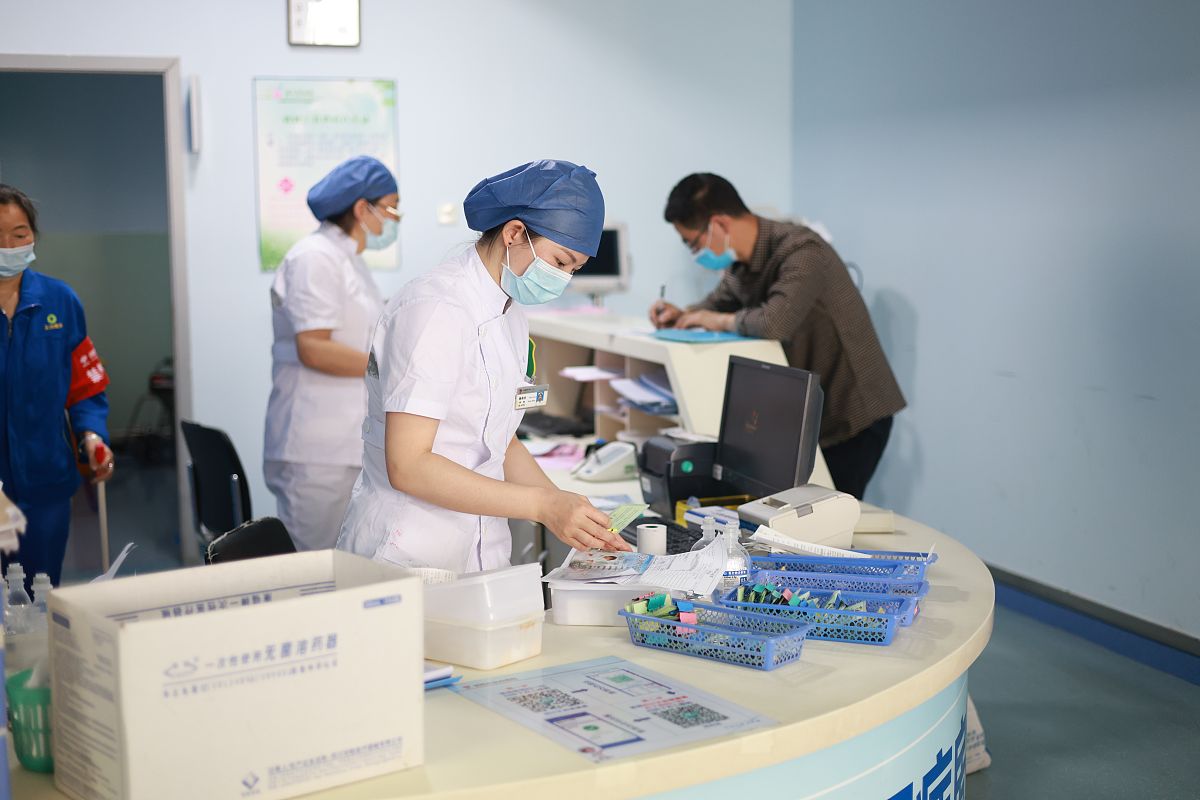
Seeing that he was going to pick up the patient's patrol nurses, Dr. Li told him: Look at the patient's basic examinations.
For such emergency surgery, surgery always tries to reduce inspection projects with "urgent situations". At this time, the anesthesiologist also knew that the condition was very urgent. But compared to the increasingly severe condition, the lack of inspection items are even more terrible.
The more critical, the more you should understand the direction. Otherwise, blind rescue is equivalent to the same. This is very important for rescue that cannot be lost or fought in seconds.
On the phone, the nurse said that the basic inspection items were all.
Hearing this, Dr. Li let go of his heart a little.
At this time, Dr. Li has completely overcome the biological clock and started the working mode of "full blood".
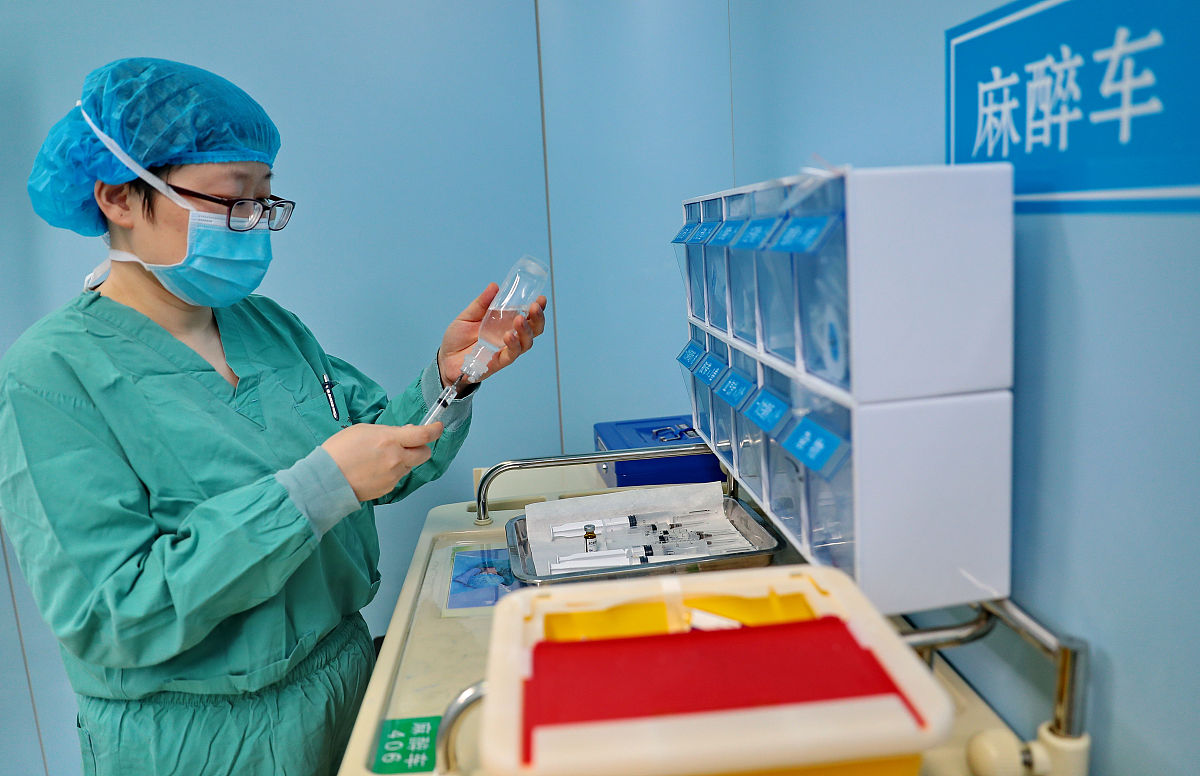
After preparing anesthesia items and medicines, the patient just came in.
Pushing in is an uncle in his 70s.
Just looking at it, Dr. Li faintly felt that something was wrong. So, immediately stepped forward to ask the patient's condition.
Unsurprisingly, the patient's spirit is relatively indifferent.
The possibility of gastrointestinal perforation in combination with surgical diagnosis, Dr. Li judged that the patient was serious. So, I checked the items and medicines needed for the first aid.
After confirming that everything is prepared, find the family to explain the situation and sign.
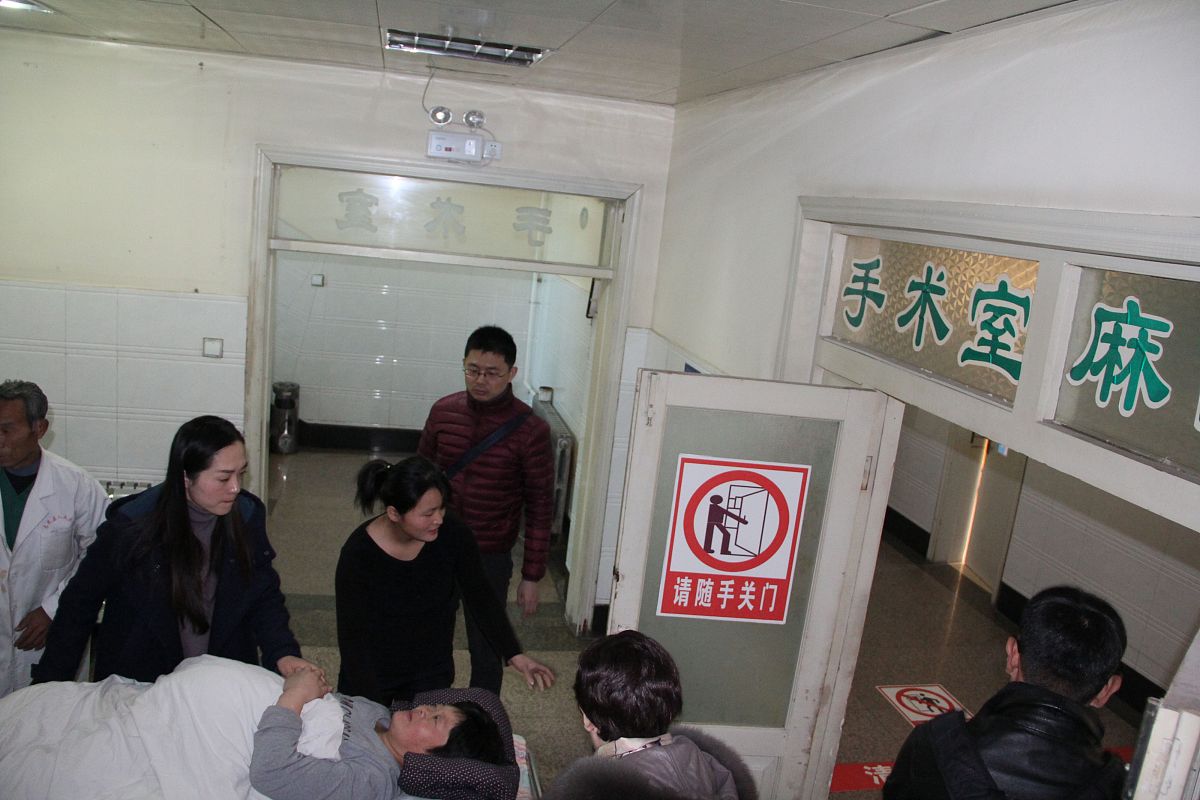
Hearing that Dr. Li said so seriously, his family thought that Dr. Li was scaring them. Until Dr. Li described the critical situation at the time in an easy -going language, his family signed it doubtful.
After checking the patient's information, anesthesia started.
After looking at the various indicators on the guardians, Dr. Li began to infer various drugs.
However, after the tube is inserted, the patient's blood oxygen saturation drops straight. To be precise, it is a "collapse" decline. Blood oxygen saturation waveforms have no normal waveforms at all. Even the trend of becoming a straight line.
Seeing this situation, Dr. Li's forehead came up with sweat.
Yes, this is an inevitable response to a normal person in the face of serious situations.
Too enough to wipe sweat, Dr. Li quickly picked up the auscultation. Because, at this time, he had just been inserted, and he couldn't confirm whether the tracheal catheter was in the trachea.
After hearing a clear breathing sound from the handset to the ear, Dr. Li was relieved. This means that the ventilation is fine.
The problem of ventilation is often the incident with the highest incidence and the worst consequences in the operating room. Therefore, it must be avoided.
So, what happened at this time? Dr. Li asked himself in his heart.
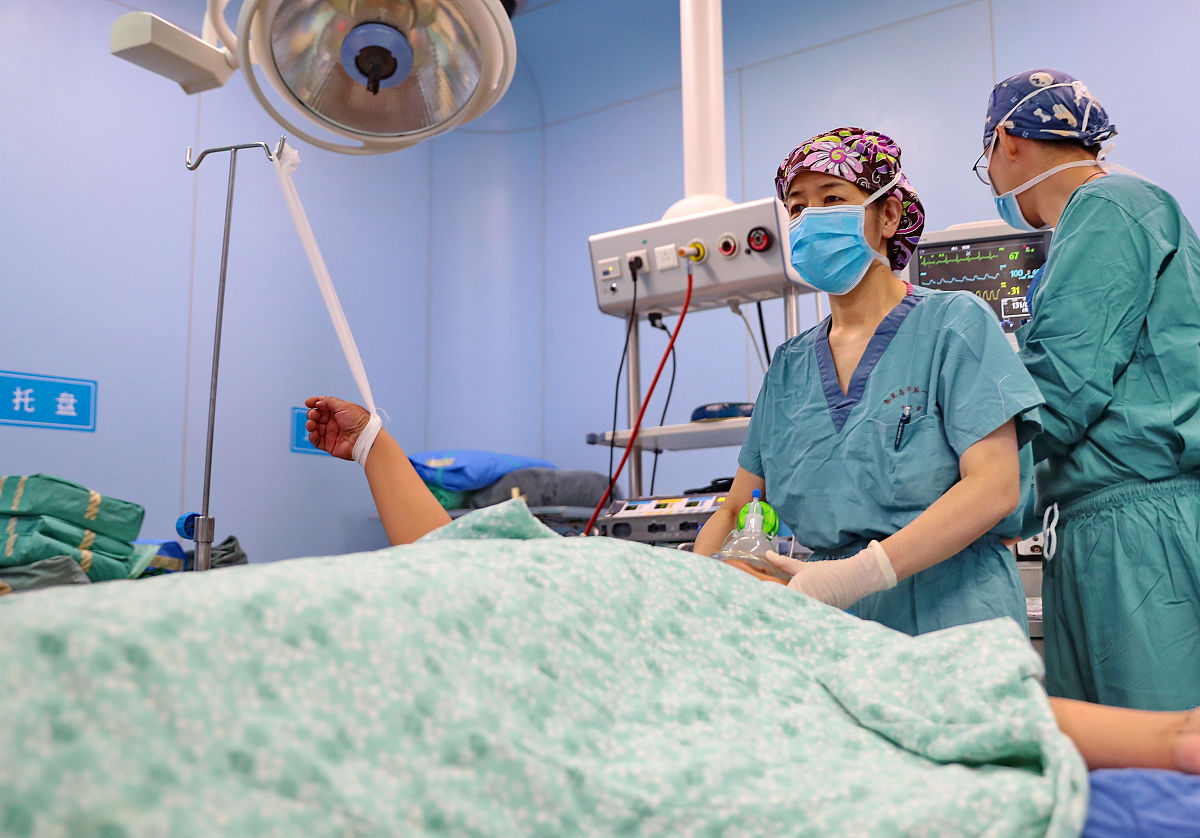
When he confirmed that the ECG beating on the guardian was normal, he pressed his fingers to the carotid artery.
At this point, he must quickly confirm whether the patient had a heart invalid pumping blood.
This situation is a very special situation -an electrocardiogram, and even the heart is still jumping, but has lost the ability to pump blood due to some pathological factors.
At this time, the typical manifestation is that the arteries are not beat. Once this happens, there is no choice, you must press the chest as soon as possible, and then find the reason.
After touching the carotid movement, Dr. Li's heart finally let go.
At this time, although blood oxygen waveforms are still messy and even become straight lines, he is completely anxious. Because, he is very clear that blood oxygen will never have problems. This problem is either a problem with the location of the probe or the monitor is broken.
Someone will ask at this time: Can't it be pulmonary embolism?
No, because the exhalation of carbon dioxide has always been normal.
After locking the reason, Dr. Li began to investigate.
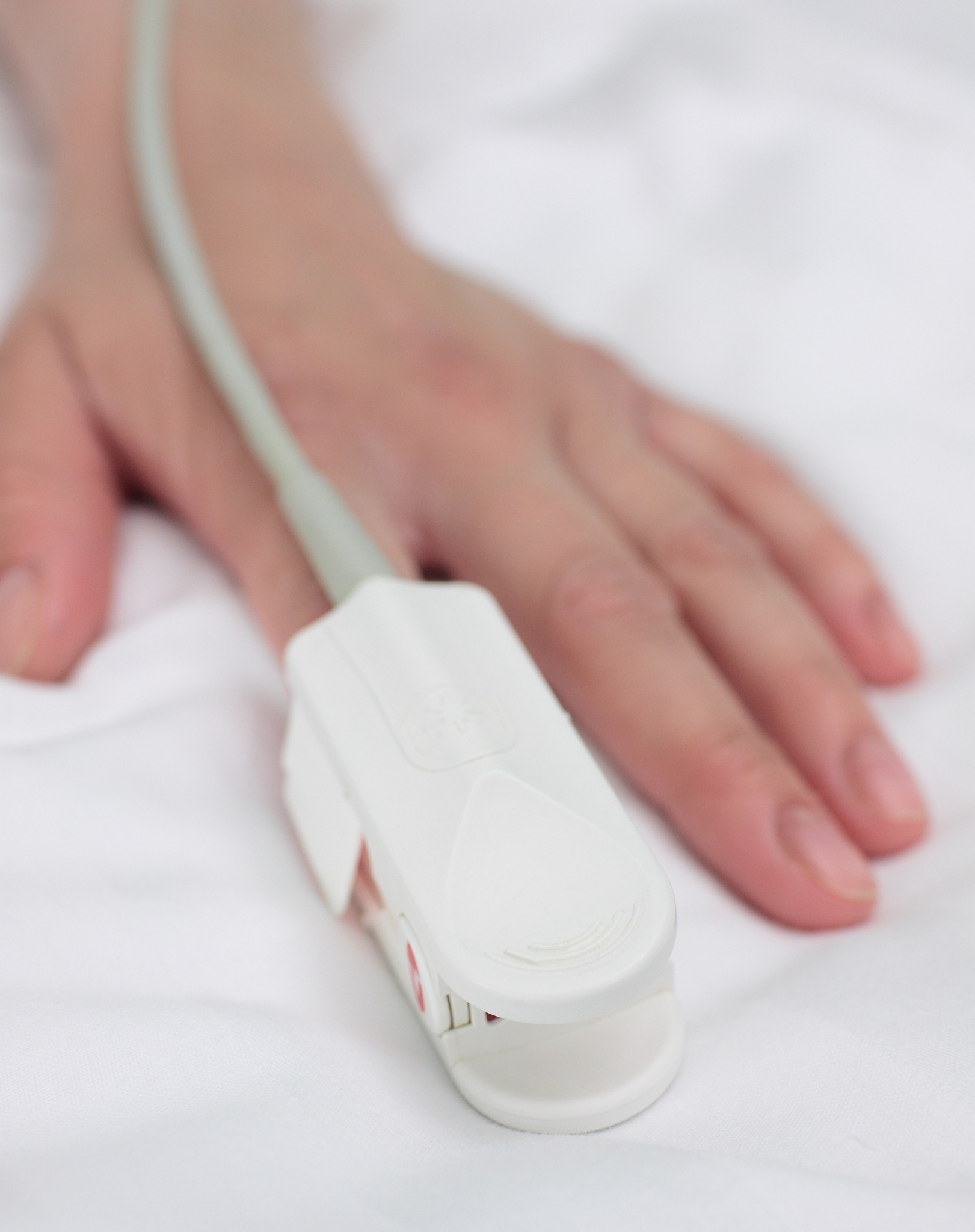
First of all, he wants to verify whether the guardians are good. So he wore a blood oxygen probe on his fingers.
The waveform is normal, that is, the heart rate is a little fast.
Yeah, just after experiencing these, no doctor will stop water.
It is not easy to wear it on the patient's fingers again.
If you change your fingers, it is still difficult to make.
After lifting the patient's arm from the list, the scene that surprised him appeared: the ten fingers are onychomycosis!
Looking at the feet, Wan Xing also has a nails that are "pure land".

Anti -conventional, put blood oxygen probe on the toes. At this time, the indicators on the guardians can be seen.
Some people will ask: Isn't it good before the anesthesia intubation? Isn't it possible after the intubation?
This is because after anesthesia, blood pressure will inevitably occur and insufficient peripheral irrigation. In addition, this person is a digestive tract perforation, with signs of infectious shock, and the circulation fluctuations after anesthesia are very large.
Although Dr. Li controlled the situation with booster drugs, he also sacrificed the peripheral cycle.
Although it is a shocking, I also remind everyone that when you encounter such a finger, you must make a corresponding plan before surgery to avoid interfere with normal rescue or surgery.
[Reminder] Pay attention, there are a large number of professional science sciences here to reveal those things about surgical anesthesia ~
- END -
Beware of fancy scams!The Consumer Tips for this elderly person in Xi'an Market Supervision Bur

On June 7, the Xi'an Market and Regulatory Bureau issued an old consumption tip ...
Beijing Restaurant Hall eats 50%of the current, and infants aged 0-3 years old do not need to check the nucleic acid certificate
On June 25, at the 376th press conference of the prevention and control of the epidemic prevention and control of the new coronary virus pneumonia in Beijing, Guo Wenjie, deputy director of the Munici